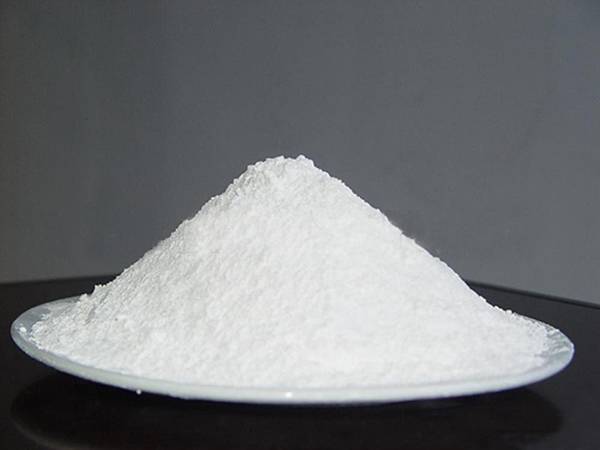



ba sulfate
Understanding Barium Sulfate Properties, Applications, and Safety
Barium sulfate (BaSO4) is an inorganic compound that has garnered significant attention in various industrial and medical fields due to its unique properties. A white crystalline solid, barium sulfate is insoluble in water and has a high density, making it a versatile material in several applications. This article examines its properties, uses, and safety considerations.
Chemical Properties
Barium sulfate consists of barium cations (Ba²⁺) and sulfate anions (SO4²⁻). Its most notable feature is its insolubility in water, which is a critical property that defines its utility in different contexts. The compound has a high density of about 4.5 g/cm³ and a high melting point of approximately 1,580 °C. These characteristics make it suitable for applications requiring stable materials that can withstand varying temperatures and pressures.
The compound is also chemically stable under ambient conditions, resisting decomposition and maintaining its integrity when exposed to a range of pH conditions. This stability is a key reason why barium sulfate is used in various applications, as it does not react easily with other chemicals.
Industrial Applications
Barium sulfate is widely used in the field of materials science, particularly in applications related to plastics and rubbers. In polymer production, it serves as a filler that enhances the mechanical properties of the final product. Adding barium sulfate can improve the thermal stability, rigidity, and overall durability of plastics, making it a crucial additive in manufacturing.
Another significant industrial application is in the oil and gas sector during the drilling process. Barium sulfate serves as a weighting agent in drilling fluids, preventing blowouts by balancing the pressure in the wellbore. Its high density ensures that the drilling fluids can withstand high-pressure environments while also contributing to the lubrication of drilling equipment.
Barium sulfate is also employed in the production of paints and coatings, where it acts as a pigment and a protective filler. Its white color provides brightness and opacity, making it a popular choice for various decorative and functional coatings.
ba sulfate

Medical Uses
In the medical field, barium sulfate is most commonly known for its role as a contrast agent in radiographic imaging. When ingested or administered rectally, barium sulfate absorbs X-rays and appears white on X-ray films, providing a clear outline of the gastrointestinal tract. This property is invaluable for diagnosing abnormalities in the esophagus, stomach, and intestines. The procedure, known as a barium swallow or barium enema, helps in identifying issues such as tumors, ulcers, and other gastrointestinal disorders.
The use of barium sulfate in medical imaging is typically safe, as it is inert and does not react with body tissues. However, it is essential that patients follow pre-procedure guidelines to reduce the risk of complications, such as bowel obstruction or allergic reactions.
Safety Considerations
While barium sulfate is considered safe for use in industrial and medical applications, certain precautions must be taken. Inhalation of barium sulfate dust can lead to respiratory issues, so proper ventilation and protective equipment are crucial in industrial settings. Additionally, when administered for medical imaging, practitioners must be aware of patients' health history to avoid potential complications, especially for those with pre-existing conditions.
It is also essential to note that barium compounds can be toxic when soluble, leading to heavy metal poisoning. However, the insolubility of barium sulfate minimizes these risks, particularly in its use as a contrast agent.
Conclusion
Barium sulfate is a remarkable compound with a diverse range of applications across various sectors, including manufacturing, oil and gas, and healthcare. Its unique chemical properties, particularly its insolubility and stability, allow it to serve essential functions in industry and medicine. As advancements continue in technology and research, the applications of barium sulfate are likely to expand further, providing innovative solutions across multiple fields while ensuring safety and efficacy.
-
Why Sodium Persulfate Is Everywhere NowNewsJul.07,2025
-
Why Polyacrylamide Is in High DemandNewsJul.07,2025
-
Understanding Paint Chemicals and Their ApplicationsNewsJul.07,2025
-
Smart Use Of Mining ChemicalsNewsJul.07,2025
-
Practical Uses of Potassium MonopersulfateNewsJul.07,2025
-
Agrochemicals In Real FarmingNewsJul.07,2025
-
Sodium Chlorite Hot UsesNewsJul.01,2025










